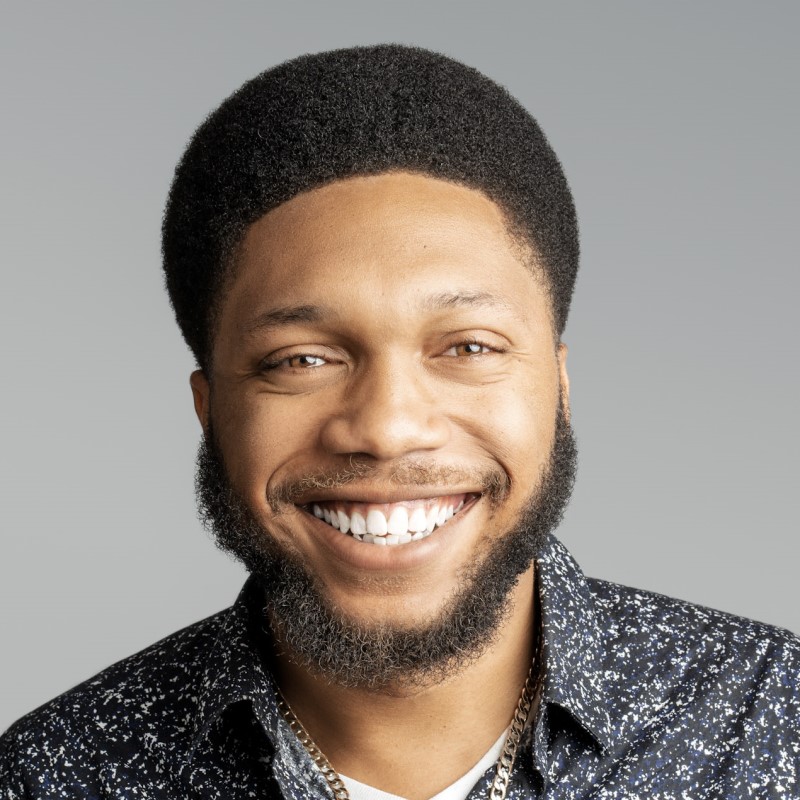The Empire Club of Canada




Monday, February 14, 2022
The Empire Club of Canada Presents:
The Future of Health for Black Canadians
As has been brought to light in recent years, any system designed by one does not fit all. Canada’s healthcare system is no exception. Like many institutions, the Canadian healthcare system has been recognized for having failed our BIPOC communities in areas such as accessibility, culturally- adapted therapies and delivery methods, diagnosis, and quality of care (to name a few), creating devastating disparities along racial lines in the health outcomes for Canadian populations. Indeed, The Commonwealth Fund’s 2021 report records this issue, ranking Canada 10th out of 11 high income developed nations in the area of healthcare ‘equity’. The disproportionate impact of the coronavirus on Canada’s Black communities, as well as risk of psychosis and likelihood of death from breast cancer further indicate a fractured healthcare system.
There are many reasons as to why these gaps exist despite having a universal healthcare model, not the least of which includes a lack of representation and formal training for medical practitioners about racialized populations.
The Empire Club invites you to join us as we hear from some of those trying to make a difference in the healthcare space for Black Canadians and eliminate the hurdles experienced by Black populations in receiving equitable quality of care.
Our speakers have contributed to advancing health outcomes for Black individuals in a number of ways: from creating a culturally competent vaccine distribution clinic to support and educate Black Canadians, to founding initiatives designed to transform medical and health professional education.
*The content presented is free of charge but please note that the Empire Club of Canada retains copyright. Neither the speeches themselves nor any part of their content may be used for any purpose other than personal interest or research without the explicit permission of the Empire Club of Canada.*
*Views and Opinions Expressed Disclaimer: The views and opinions expressed by the speakers or panelists are those of the speakers or panelists and do not necessarily reflect or represent the official views and opinions, policy or position held by The Empire Club of Canada.*

Sume Ndumbe-Eyoh is the Executive Director of the Black Health Education Collaborative (BHEC) and an Assistant Professor in the Clinical Public Health Division at the Dalla Lana School of Public Health at the University of Toronto. She is a catalytic leader who mobilizes knowledge and activates networks to advance policy and practice on social and economic issues that impact health and wellbeing. She spent a decade with the National Collaborating Centre for Determinants of Health, where she provided leadership to public health practice on health equity, the social determinants of health including racism, in partnership with institutions across Canada. She has served in an advisory capacity for working groups and committees led by numerous national health organizations including the Public Health Agency of Canada, Canadian Institutes for Health Information and the Canadian Institutes of Health Research. Sume provides strategic consultations to organizations as principal of Another World Lab. She holds a Master of Health Sciences in Health Promotion and Global Health from the University of Toronto. Hailing from Cameroon, she is grateful to live, work and play in Turtle Island and is committed to working towards decolonial futures .

Adaoma Patterson was born in Winnipeg and, with the exception of six years which her family spent in Jamaica, was raised in that city. She is the proud mother of a 19-year old son and they currently reside in Brampton Ontario. Since 2016, Adaoma has been President of the Jamaican Canadian Association, a 60 year-old organization serving the Jamaican, Caribbean and African-Canadian communities in the Greater Toronto Area. As part of her current mandate, she is focused on increasing the involvement of youth and young adults in all aspects of the organization, building new partnerships, and ensuring the sustainability of the organization and JCA Centre, located in North York. Adaoma previously served as Chair of the Working Group on the Future of JCA, which convened a two-year review of the organization and community that resulted in a recommendation to members to separate JCA into two legal entities. As a result, in 2014, Caribbean African Canadian Social Services (CAFCAN) was born. Adaoma has more than twenty-five years progressive experience in the not-for-profit and public sectors and has served in several roles as a volunteer and employee. She is currently Manager – Poverty Reduction and Community Engagement in the Human Services Department at the Region of Peel, responsible for leading the implementation of a multi-year poverty reduction strategy and supporting initiatives that increase community safety and well-being for residents in Brampton, Mississauga and Caledon. Her work involves creating awareness among residents and local politicians about poverty in Peel, advocating to various levels of government for investments and working with the community to implement actions related to social inclusion, affordable transit, food & income security and economic opportunities.

Paul is a strategist, urban planner and Executive Director at the Black Health Alliance. Paul has spent the last decade designing interventions focused on improving outcomes for Black children, youth and families as it relates to: health and well-being, community violence, mental health and addictions, and the social service sector.
His work is currently focused on social planning, health equity, and addressing the causes of neighbourhood distress and inequality.